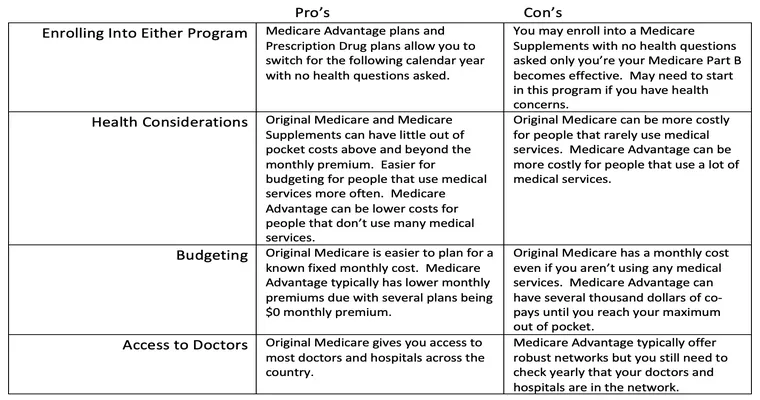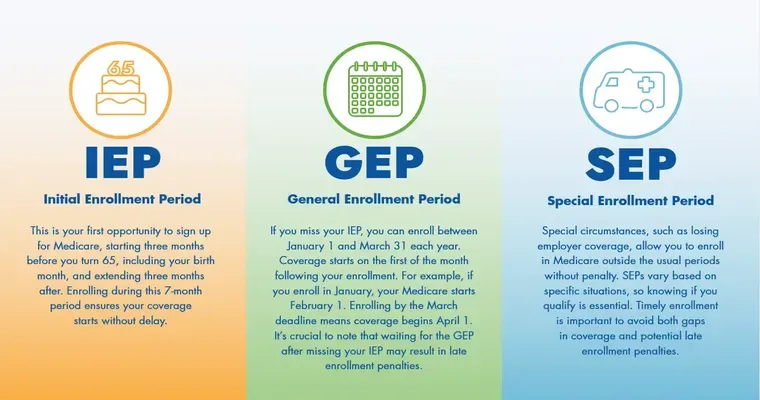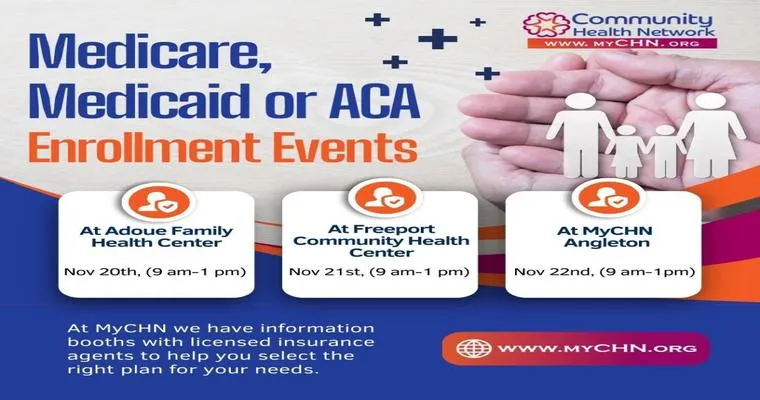As families grow and change, "relocating elderly parents" becomes a significant consideration. My mother, at "82 years old", is currently living in Canada, and we are thinking about moving her to the "United States". However, we are unsure about the potential "impact on her health care" and what that means for her well-being. Understanding the health care systems in both countries is crucial to making an informed decision.
One of the primary concerns when moving an elderly parent is the availability of appropriate "health care services". In Canada, the health care system is publicly funded, meaning that essential medical services are provided at little or no direct cost to the patient. This model offers peace of mind, especially for those who may require frequent medical attention. In contrast, the United States has a mixed health care system, which includes both public and private insurance options. This difference can significantly affect access to medical services for seniors.
Before making any decisions, it’s essential to evaluate the options available in the U.S. There are various plans under "Medicare", a federal health insurance program primarily for people aged 65 and older. Medicare offers different coverage options, including hospital insurance (Part A) and medical insurance (Part B). However, it’s important to note that Medicare does not cover everything, and there may be additional costs involved, such as premiums, deductibles, and co-pays.
Moreover, if your mother has specific health needs or conditions, you may want to look into "Medicaid", which provides assistance to low-income individuals, including seniors. Eligibility for Medicaid varies by state, and navigating the application process can be complex. It’s crucial to understand how these programs work and what your mother would qualify for based on her financial situation and health care needs.
Another factor to consider is the "continuity of care". If your mother has established relationships with health care providers in Canada, moving her to the U.S. may disrupt her access to these services. It’s vital to research local health care providers and facilities in the area you are considering moving to. Finding a doctor who specializes in geriatric care and can manage her health concerns will be critical for her well-being.
Additionally, the transition from one country to another can be emotionally taxing. Your mother may experience feelings of loss or anxiety about leaving her home and support network in Canada. It’s imperative to have open conversations with her about the move, addressing her concerns and involving her in the decision-making process. This will help her feel more secure and supported during this significant life change.
Lastly, consider the financial implications of moving your mother to the U.S. Health care costs can vary widely between Canada and the United States, and it’s essential to budget for potential expenses. Researching health insurance options and understanding the costs associated with various health care services will help you plan effectively.
In conclusion, moving an elderly parent, especially one who is 82 years old, requires careful consideration of their health care needs. Understanding the differences between the Canadian and U.S. health care systems, evaluating available options like Medicare and Medicaid, ensuring continuity of care, and addressing emotional needs are all crucial steps in this process. By taking the time to research and plan, you can make the best decision for your mother’s health and well-being as she transitions to a new life in the United States.





